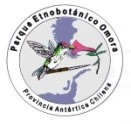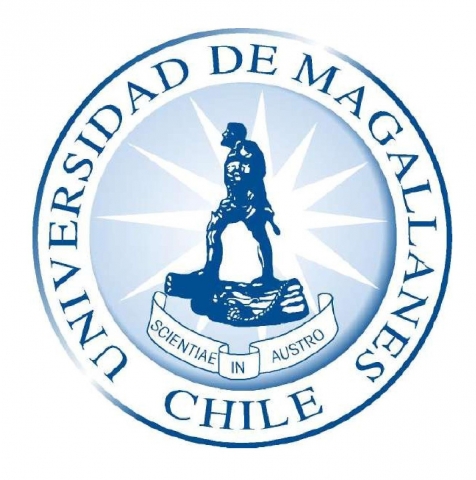DECEMBER 02-06, 2017
OVERVIEW
The UNESCO Cape Horn Biosphere Reserve is one of the last 24 remaining wilderness areas in the world, and of the few remaining areas that, today, still remains largely undisturbed by modern human activities. In this remote archipelago, live a myriad of unique beings entangled in diverse and uncommon ecological and human dynamics. In this sense, the Omora Ethnobotanical Park emerges in the 21st century as the scientific headquarters for the Cape Horn Biosphere Reserve, and as an ethical space where diverse humans and non-humans co-inhabit. Their "ethos" continue to inspire and move international travelers and researchers in the search for environmental, economic, and social sustainability, and the Cape Horn Sub-Antarctic Eco-tour, will consolidate this mission by inaugurating the International Cape Horn Sub-Antarctic Center, a world center for research, education, conservation and ecotourism in Puerto Williams, the capital city of the Chilean Antarctic Province.
The Cape Horn Sub-Antarctic Eco-tour will also explore the southernmost natural laboratory of Chile protected by the Cape Horn Biosphere Reserve.
Participants will embark on a cruise ship expedition that unveils the biocultural marvels of these landscapes, which also represent a landmark for the history of science. Indeed, Charles Darwin spent most of his voyage on board the HMS Beagle in this region, where he conceived his first ideas on human evolution.
This tour will culminate at the Omora Ethnobotanical Park, on the southern shore of the Beagle Channel in Puerto Williams, where researchers discovered that the Cape Horn region is a biodiversity "hotspot" for mosses and lichens. Here, they have developed a new innovative practiced called "Ecotourism with a Hand lens in the Miniature Forests of Cape Horn" to communicate and discover the biocultural, ethical, aesthetic and economic values of this underperceived biodiversity.
This activity will offer participants the opportunity to appreciate a new micro cosmos, embedded in the network of Chilean natural laboratories, and support the launching of a novel transdiciplinary center that will integrate the sciences, arts, and ethics at the southern Summit of the Americas.
ABOUT THE SUB-ANTARCTIC BIOCULTURAL CONSERVATION PROGRAM AND CAPE HORN CENTER
The University of North Texas is proud to be the leading U.S. institution for the Sub-Antarctic Biocultural Conservation Program partnering with the University of Magallanes, and the Institute of Ecology and Biodiversity in Chile. UNT was among the first to receive the Partners of the Americas grant which was launched by the United States, Secretary of State, Mr. John Kerry, to support the development of international educational field courses and research opportunities. The new Cape Horn Center will catalyze collaborations for cutting-edge research and education among academic institutions in the U.S. and around the globe.






